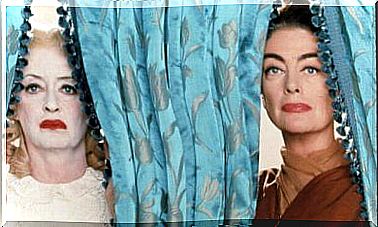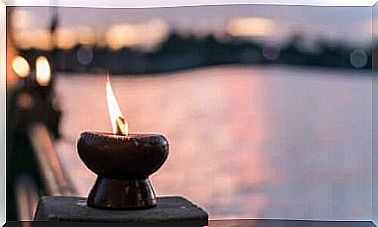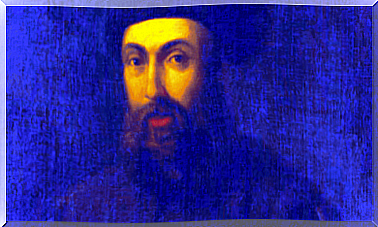Mercedes Sosa: A Biography Of “America’s Voice “
Mercedes Sosa had two concerts where she could barely hold back her own emotions. The first took place in Barcelona, during her first concert in Spain in 1973. The country was ruled by the dictatorship of Francisco Franco and advertising for concerts was strictly forbidden. However, crowds came to sing along to her songs, and “La Negra”, as she was also known, ended up crying on stage.
The second of the unforgettable concerts took place in February, ten years later. She performed again in her native Argentina, after suffering a bitter exile. The Argentines also sang her songs, and Mercedes confessed that she could not even look at the audience, because if she had done so, she would not have been able to hold back her tears.
It is said that after this concert, Admiral Carlos Alberto Lacoste asked: “Who gave Mercedes Sosa permission to be in my country?”
Mercedes Sosa, “Voice of America”, was a woman of humble origin who never compromised when she was abused and who had to pay for her principle of consistency. Above all, she was also a wonderful voice that made her song a way to tell what life was like in Latin America so that the whole world could hear.
Mercedes Sosa, a humble woman
Her official name was Haydée Mercedes Sosa, although her parents had agreed that her name should be Marta Mercedes. Her father registered her and decided to change her plans at the last minute. Despite this, her family called her Marta all her life.
She was born on July 9, 1935 in San Miguel de Tucumán, Argentina. There are a few curiosities about her date of birth and death.
Mercedes was born on the same day as Argentina celebrates its independence, which surprisingly was signed in her hometown. 74 years later, “La Negra” died on October 4, which was the birthday of Violeta Parra, a woman to whom Mercedes gave world fame.
Sosa was the daughter of a humble sugar factory worker and a woman who washed clothes for wealthy families as her livelihood. Her parents were loyal Peronists, and on October 17, 1950, they traveled to Buenos Aires to celebrate Peronist Loyalty Day.
On the same date, the singing teacher was absent from school and she was chosen to sing the national anthem of Argentina. This was her first public performance.
The beginning of a successful career
Some of her schoolmates convinced her to go to a local radio station because it had a singing competition going on at the time. Mercedes agreed to do so, and when she had finished singing her piece, the owner of the station declared that the competition was over because they had already found a winner.
Since then, Mercedes began to sing regularly on the radio. In 1957 she married the folk musician Oscar Matus, and they both moved to Mendoza, an Argentine province that she loved very much.
Some time later she gave birth to a son, Fabián Matus. Together with her husband and poet Armando Tejada Gómez , they created the new Latin American songbook movement.
The marriage lasted only eight years, and her husband left her for another woman. Mercedes moved to Buenos Aires, and the same year an almost magical event occurred. During the Cosquín Folklore Festival, the most important of its kind in Argentina, musician Jorge Cafrune invited her to sing on stage, although she had never been officially invited. She accepted the invitation and the audience was immediately taken aback.
America’s voice
From that moment on, Mercedes Sosa’s success never faded. First of all, she conquered her own country, then all of Latin America, and finally the whole world.
She found a new partner, “Pocho” Mazzitelli, a musician who never left her. These were happy times and she did not hesitate to call her other husband “the great love” in her life.
After the military coup in Argentina, she experienced difficult times. A lbumene her prohibited, in addition to that she was placed on the dictatorship blacklist.
During a concert in La Plata in 1978, one of her performances was interrupted by the military. Some officers beat her in public and arrested her and the rest of the public. This incident led her into exile, first to Paris and later to Madrid.
Exile was a bitter experience, especially since it coincided with her second husband’s death. She said it took her nine years to make up for that loss. Despite her loss, the audience’s sense of honor and her song brought her back to life.
There were new concerts again, and even experiments with rock music. She died on October 4, 2009 at a hospital in Buenos Aires at the age of 74, leaving a fantastic career and an absolutely immortal voice.









